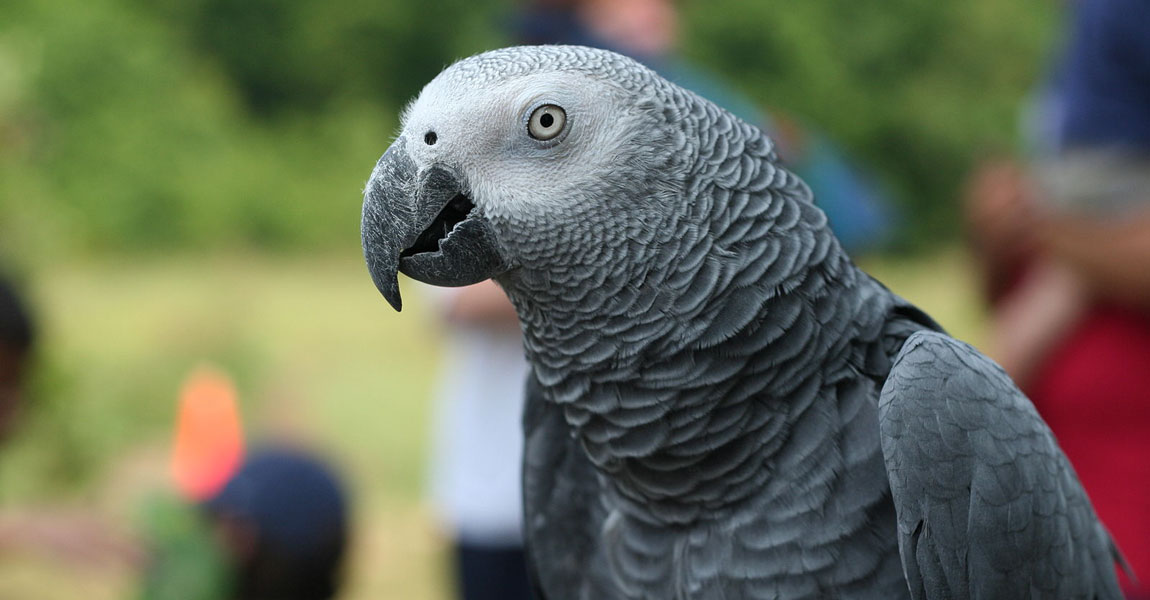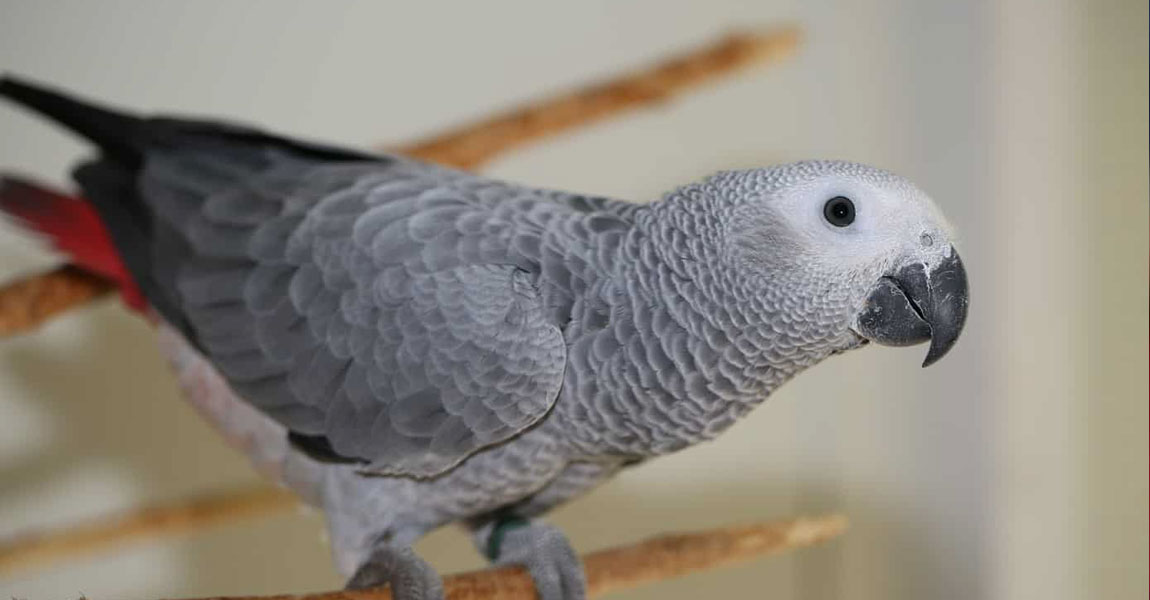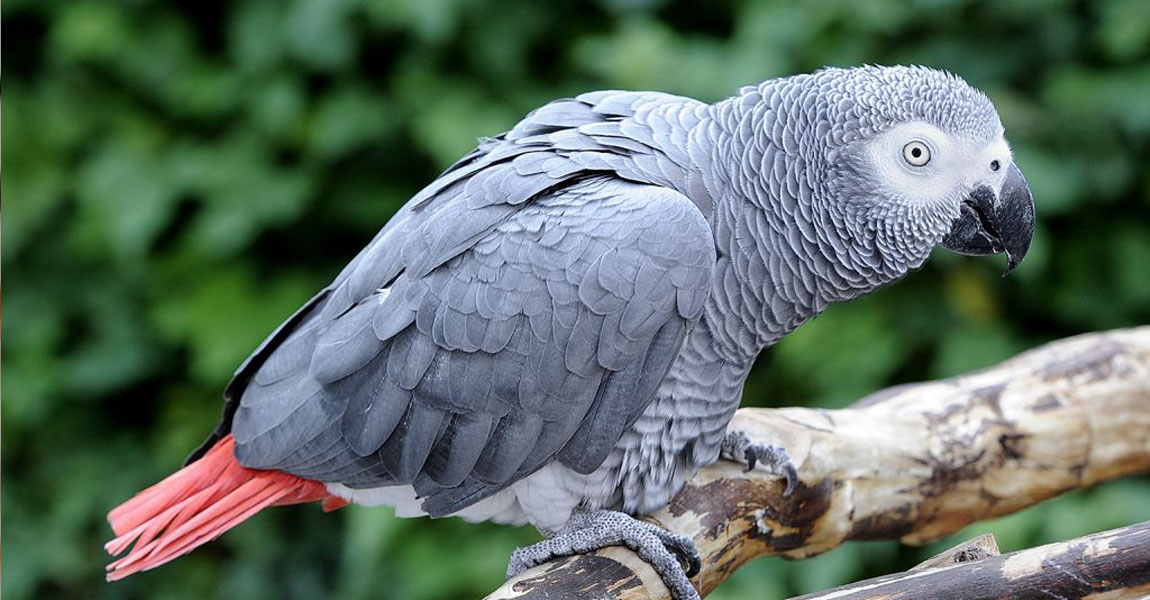Introduction:
Owning an African Grey parrot can be a rewarding and enriching experience. These intelligent and charismatic birds make wonderful companions. However, it's important to be aware of the potential risks and challenges that come with owning an African Grey. In this informative article, we will explore some of the risks associated with African Grey ownership, helping you make an informed decision and ensure the well-being of both you and your feathered friend.
Long Lifespan:
While the long lifespan of African Grey parrots can be a positive aspect, it also means committing to the care of a pet that may live for several decades. Before bringing an African Grey into your home, consider your long-term plans and ensure you are ready to provide consistent care and attention for the entirety of their life.
High Cognitive and Social Needs:
African Greys are highly intelligent birds that require mental stimulation and social interaction to thrive. If their cognitive and social needs are not adequately met, they can develop behavioral issues such as feather plucking, screaming, or aggressive behavior. Owners must be prepared to provide regular mental enrichment, interactive playtime, and socialization opportunities to keep their African Grey happy and mentally stimulated.
Vocalizations:
African Greys are known for their vocal abilities, including mimicry and talking. While this can be entertaining, it's important to note that they can also be quite loud and vocalize at various times throughout the day. This can be a concern if you live in an apartment or have neighbors who are sensitive to noise. Understanding and managing their vocalizations is crucial for maintaining harmonious relationships with those around you.
Potential for Feather Plucking:
Feather plucking is a behavioral problem that some African Greys may develop, often as a result of stress, boredom, or underlying health issues. This behavior involves the parrot plucking out its own feathers, which can lead to skin irritation and other health complications. Adequate mental stimulation, a proper diet, regular vet check-ups, and a stress-free environment are essential in minimizing the risk of feather plucking.
Nutritional Requirements:
African Greys have specific dietary needs that must be met to ensure their overall health and well-being. A balanced diet consisting of high-quality pellets, fresh fruits, vegetables, and occasional treats is crucial. It's important to research and provide the appropriate nutrition to prevent nutritional deficiencies and associated health problems.
Respiratory Sensitivity:
African Greys are known to be sensitive to airborne toxins, such as cigarette smoke, certain cleaning products, aerosol sprays, and fumes from non-stick cookware. These substances can cause respiratory issues and negatively impact their health. Creating a clean and toxin-free environment is vital to safeguard their respiratory health.
Expensive Veterinary Care:
Avian veterinarians, particularly those specializing in African Grey parrots, can be scarce and often expensive. Routine veterinary check-ups, vaccinations, and potential medical emergencies can incur significant costs. It's crucial to be financially prepared to provide the necessary veterinary care to maintain your African Grey's health.
Emotional Bonding:
While the strong emotional bond between African Greys and their human companions is a positive aspect, it can also lead to separation anxiety when owners are away for extended periods. African Greys thrive on social interaction and can become distressed if left alone for long periods regularly. Owners should consider their daily schedule and availability to provide the necessary companionship and interaction their parrot needs.
Conclusion:
Owning an African Grey parrot comes with its own set of risks and challenges. It requires a long-term commitment, diligent care, and a deep understanding of their unique needs. By being aware of the potential risks associated with African Grey ownership and taking the necessary precautions, you can create a loving and enriching environment for your parrot, fostering a strong and fulfilling bond that lasts a lifetime.




